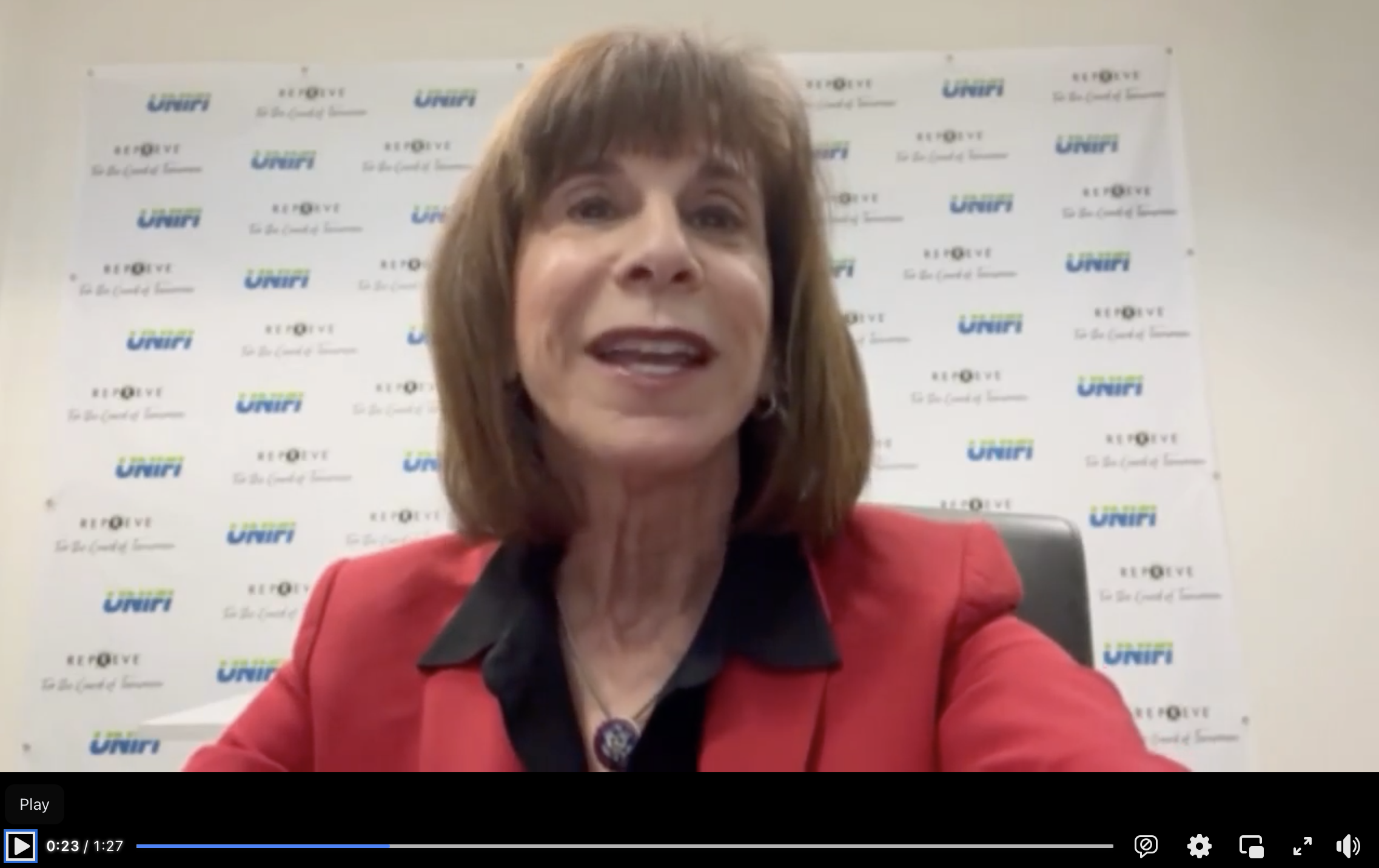Textile Executives Highlight Importance of Industry & Urge Support of Policies Bolstering U.S. Competitiveness at Roundtable with Rep. Greg Murphy (R-NC)
WASHINGTON, DC – Textile executives spanning the fiber, yarn, fabric, and finished product textile industries participated in a roundtable discussion with Rep. Greg Murphy (R-NC) today. During the roundtable executives showcased the industry’s innovation, advances in sustainable practices and its important contribution to the North Carolina and the U.S. economy, while raising several priority issues in Washington that have far-reaching implications for North Carolina and the entire U.S. textile industry.
The roundtable discussion, hosted by the National Council of Textile Organizations (NCTO), was held at East Carolina University in Greenville, North Carolina.
North Carolina is the second largest state employer of textile-related jobs with over 36,000 workers, and those jobs play a vital role in supporting 108,000 additional jobs throughout the state. The state’s $2.7 billion in textile-related exports leads the nation.
During the roundtable, executives outlined critical policies, such as the importance of maintaining the yarn forward rules of origin in the Dominican Republic-Central America Free Trade Agreement (CAFTA-DR) and other trade agreements, advancing the Miscellaneous Tariff Bill and its importance to domestic manufacturers, upholding buy American and Berry Amendment government procurement policies, ensuring the administration is implementing the “Make PPE in America Act” as intended, and the need to address larger systemic trade issues, particularly the use of forced labor, with China.
Congressman Murphy’s visit is critical and comes at a pivotal time for the U.S. textile supply chain, which produced $65.2 billion in output in 2021 and employed nearly 535,000 workers. The industry has been at the forefront of domestic manufacturing of over 1 billion personal protective equipment (PPE) items during the COVID-19 pandemic.
“North Carolina’s textile industry is a huge driver for our economy, directly employing nearly 40,000 workers and generating over $2.7 billion in textile-related exports,” said Rep. Murphy, M.D. “I was grateful to hear from so many outstanding industry leaders during our roundtable today, and I am confident that we have the tools needed to bolster this great industry in our state. As the proud representative for North Carolina on the Ways and Means Committee, it’s an honor to work alongside NCTO to promote American jobs, grow our state economy, and protect domestic manufacturing.”
NCTO President and CEO Kim Glas said, “We sincerely appreciate Rep. Murphy’s participation in today’s industry roundtable, where he heard directly from textile executives with operations in North Carolina about opportunities and challenges confronting the industry. North Carolina has a vibrant textile industry, which employs technologically advanced and highly innovative operations, to produce a vast array of products, including high-tech components for everything from heart valves and stents to aircraft bodies and advanced body armor for our warfighters to critical PPE for the government and private sector. The importance of the U.S. textile industry to the U.S. economy and job growth cannot be overstated. That is why it is imperative that we have sound trade and government procurement policies that not only supports domestic production but also bolster our integrated coproduction chain with our Western Hemisphere trading partners. We look forward to continuing to work with Congressman Murphy on policies that: spur investment in North Carolina, the United States and the entire hemisphere; support strong government procurement policies centered around American-made products; and lead to strong enforcement of illegal trade practices that continue to give China and other countries backdoor to the U.S. market.”
###
NCTO is a Washington, DC-based trade association that represents domestic textile manufacturers.
- U.S. employment in the textile supply chain was 534,000 in 2021.
- The value of shipments for U.S. textiles and apparel was $65.2 billion in 2021.
- U.S. exports of fiber, textiles and apparel were $28.4 billion in 2021.
- Capital expenditures for textiles and apparel production totaled $1.85 billion in 2020, the last year for which data is available.
CONTACT:
Kristi Ellis
Vice President, Communications
National Council of Textile Organizations
kellis@ncto.org | 202.684.3091

